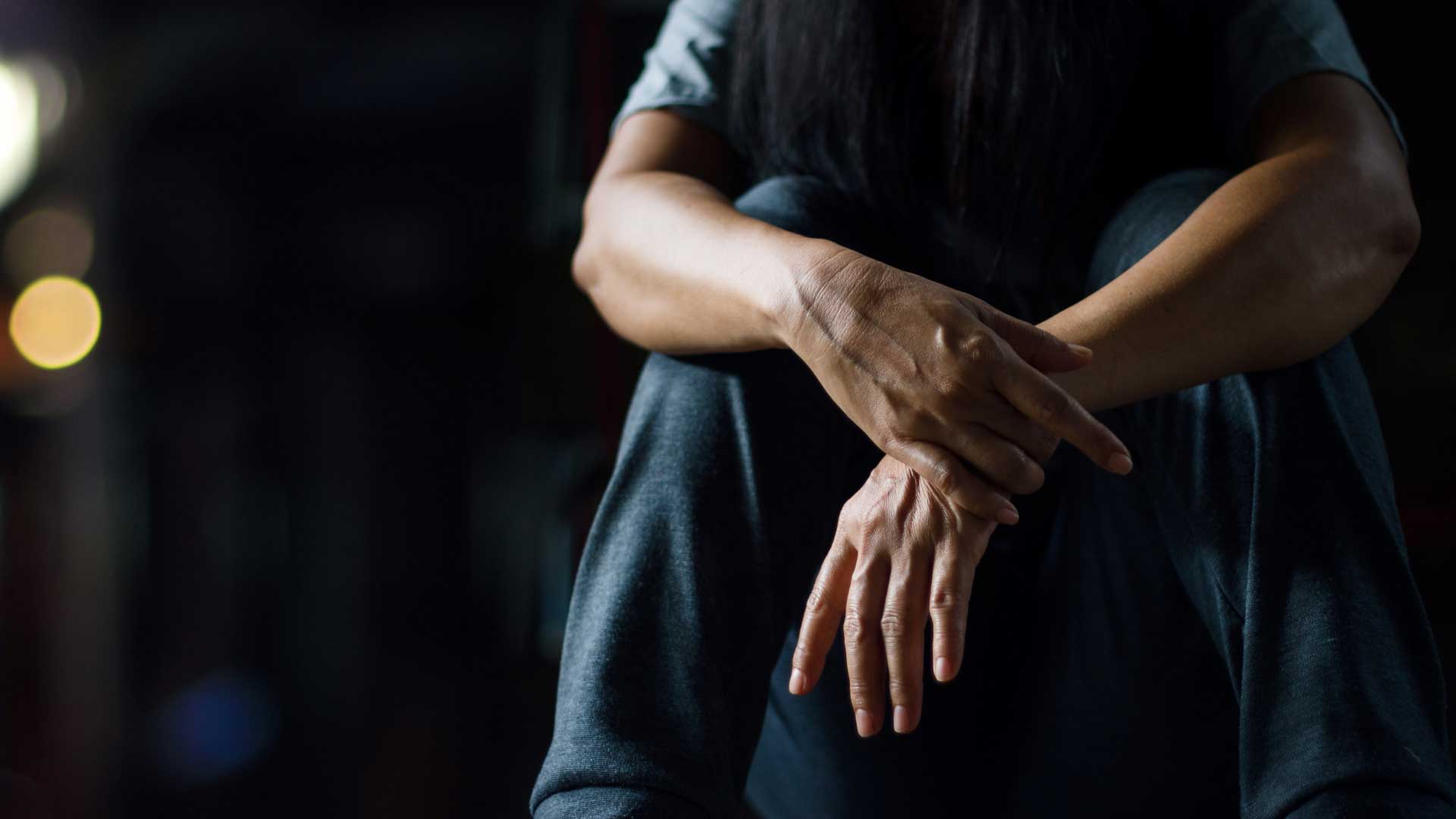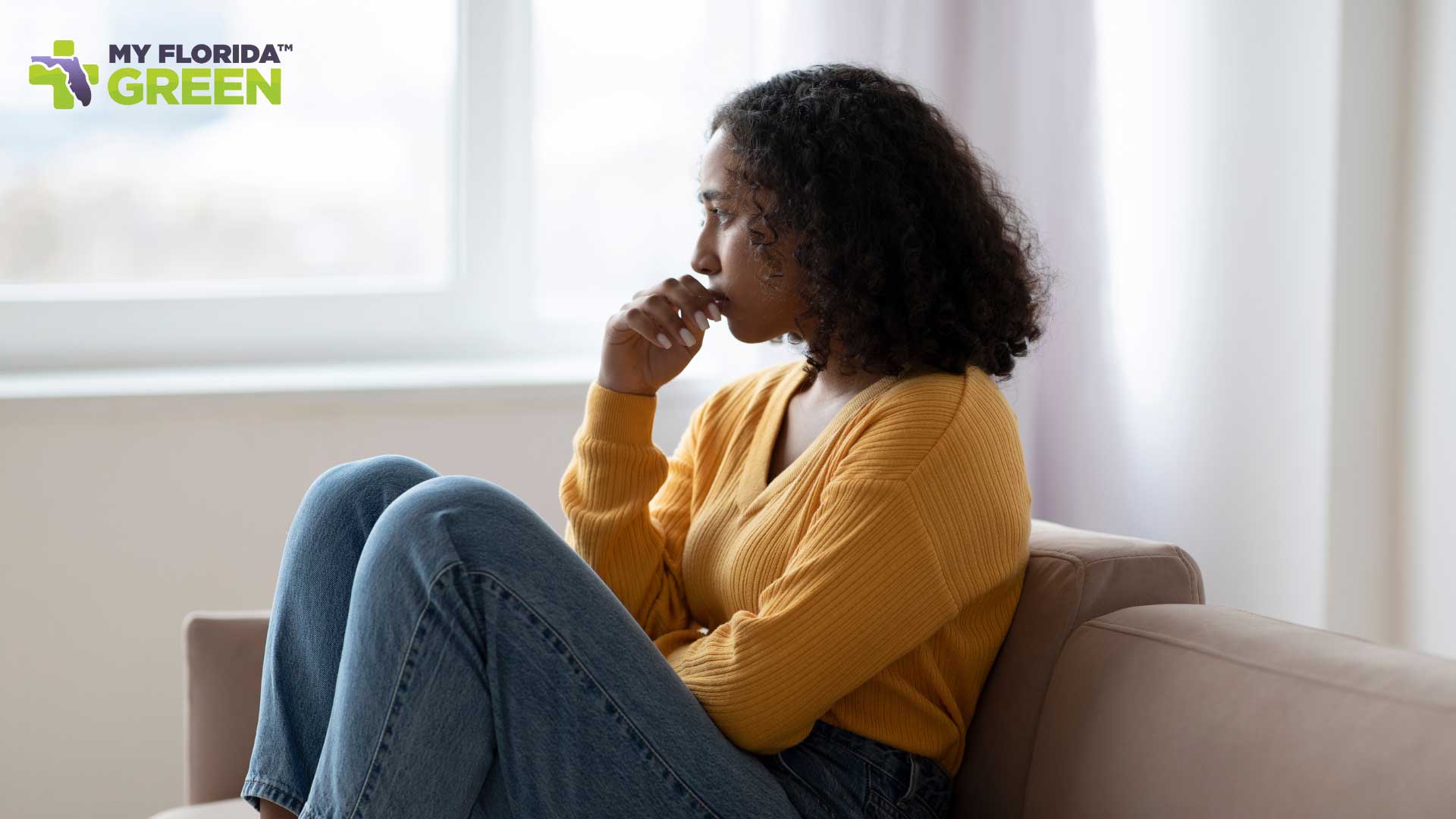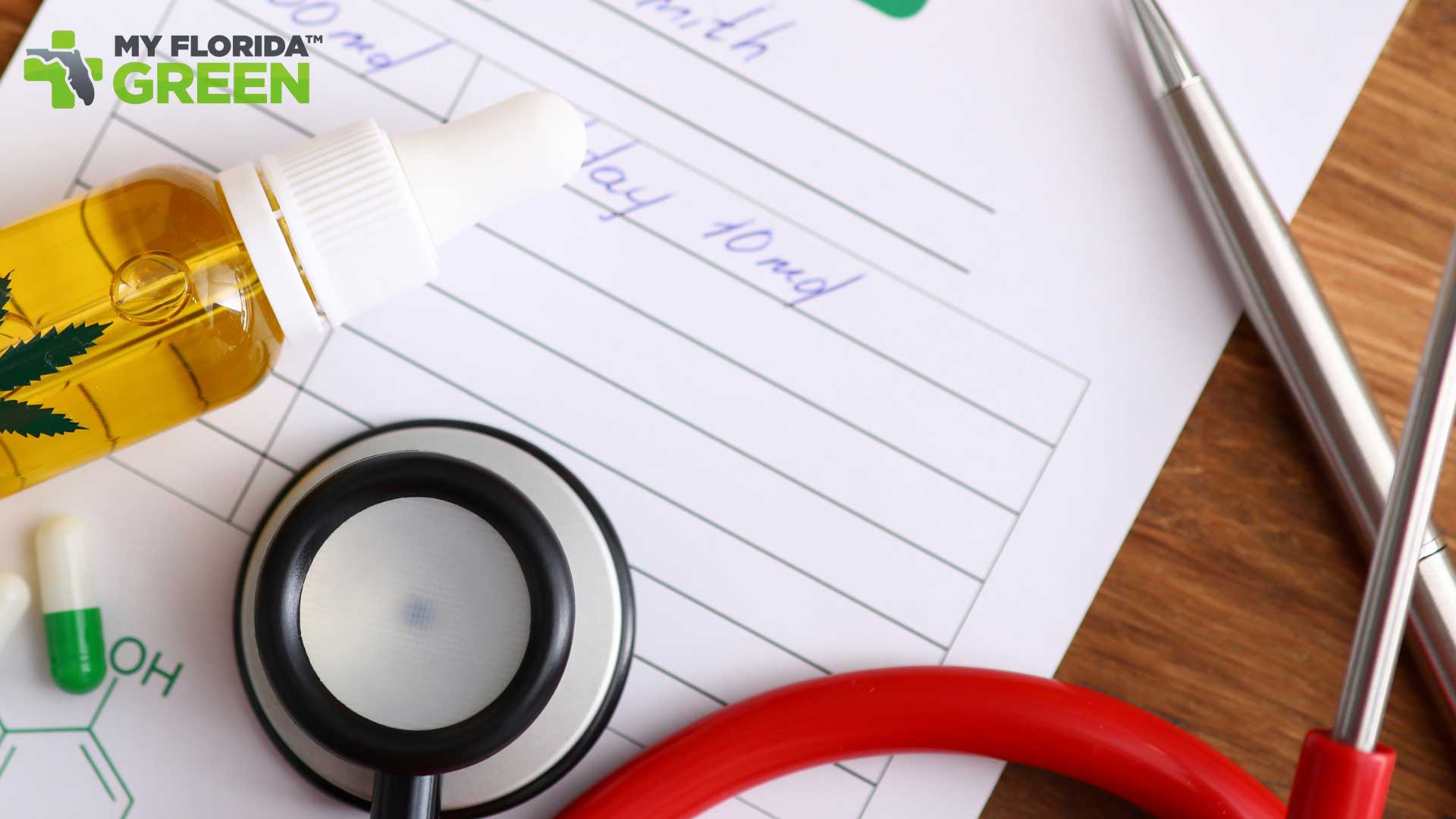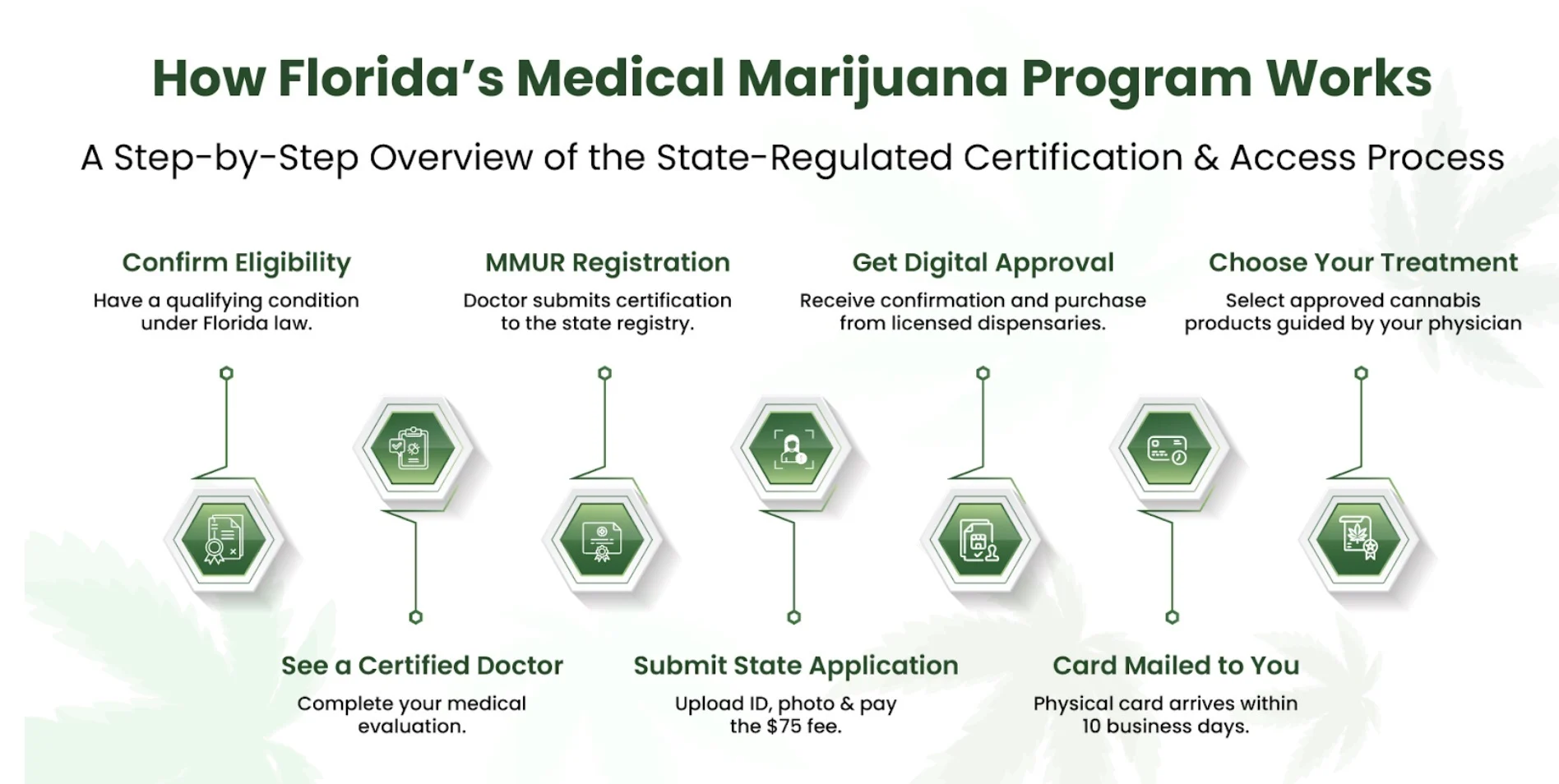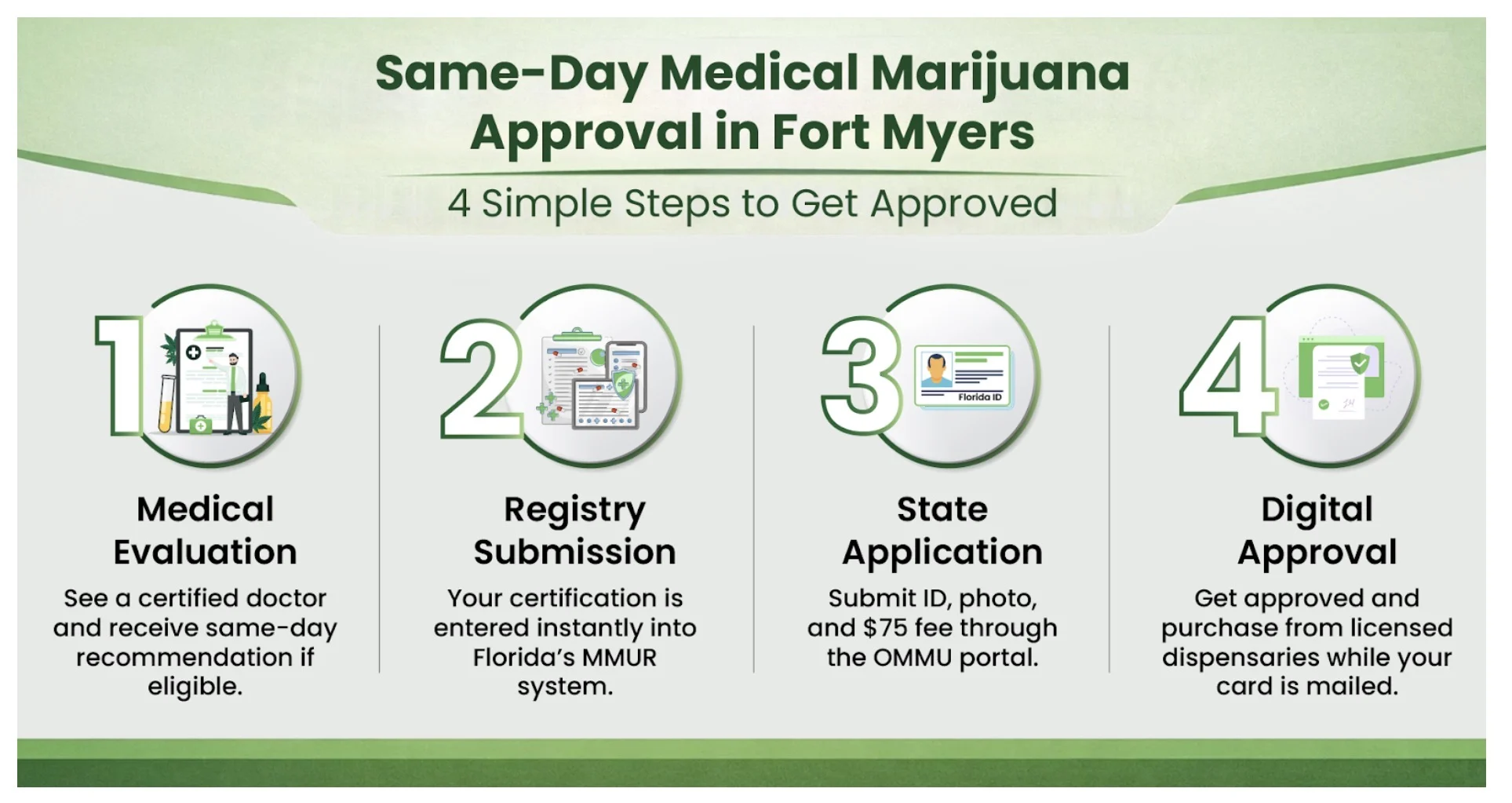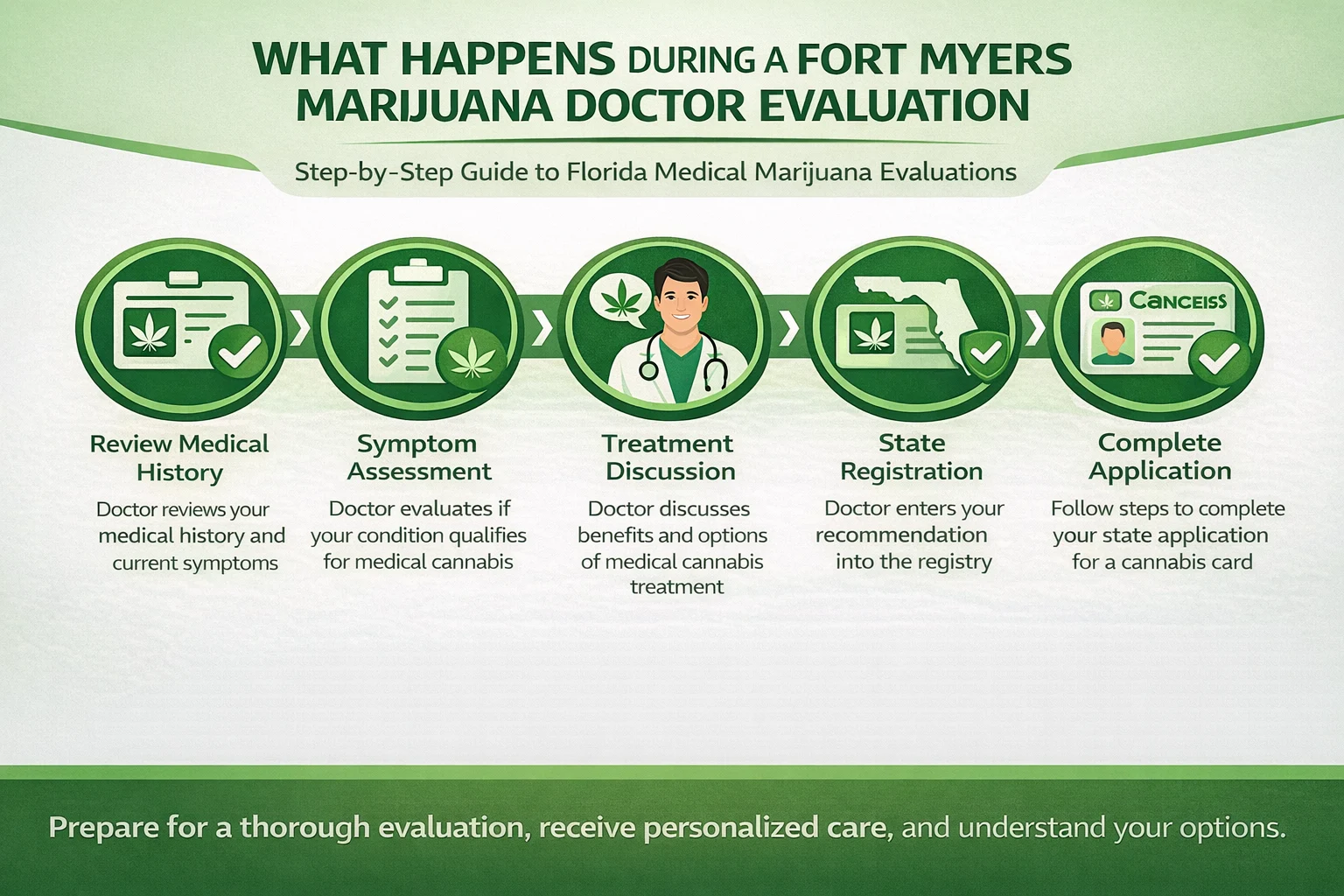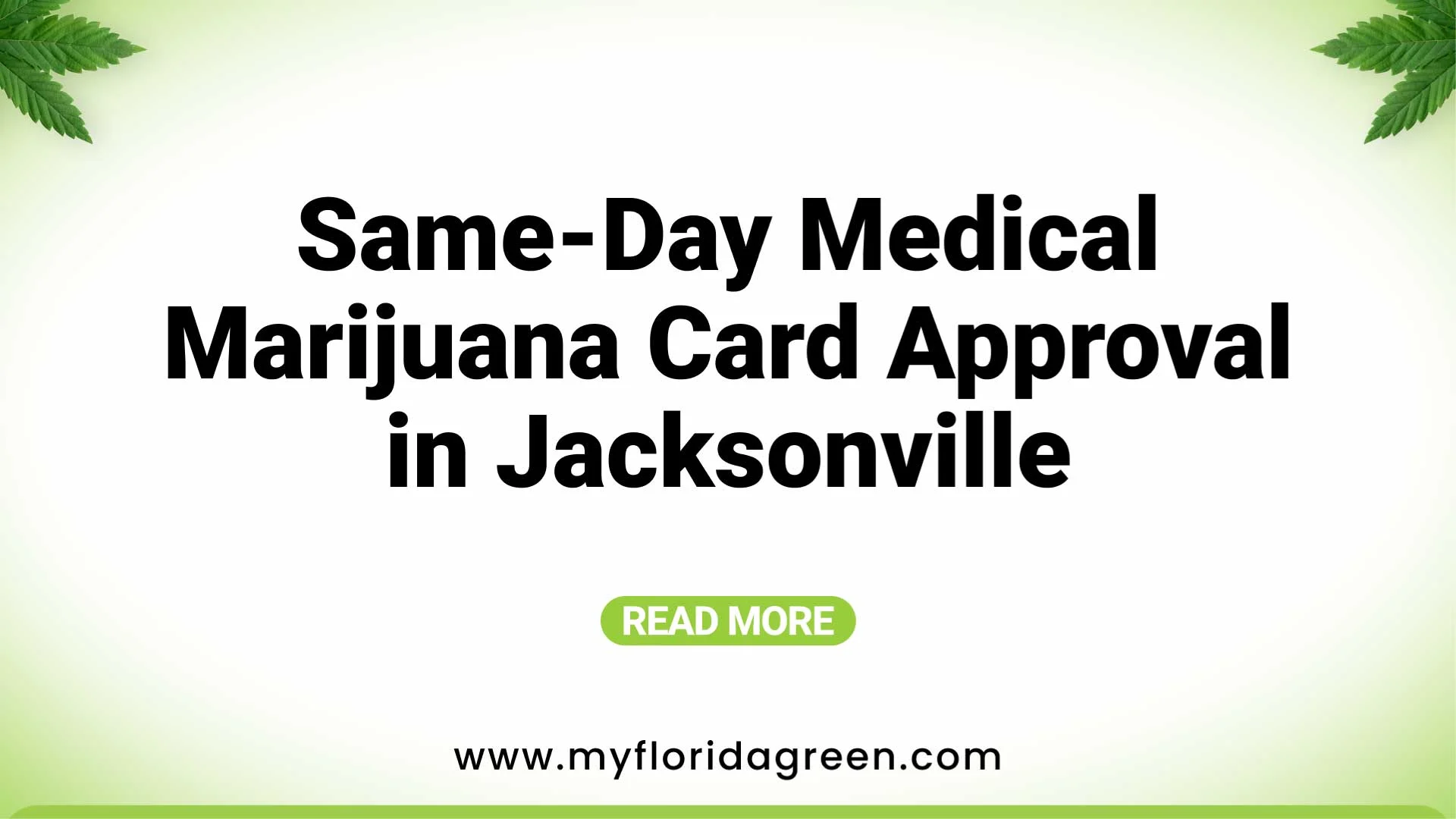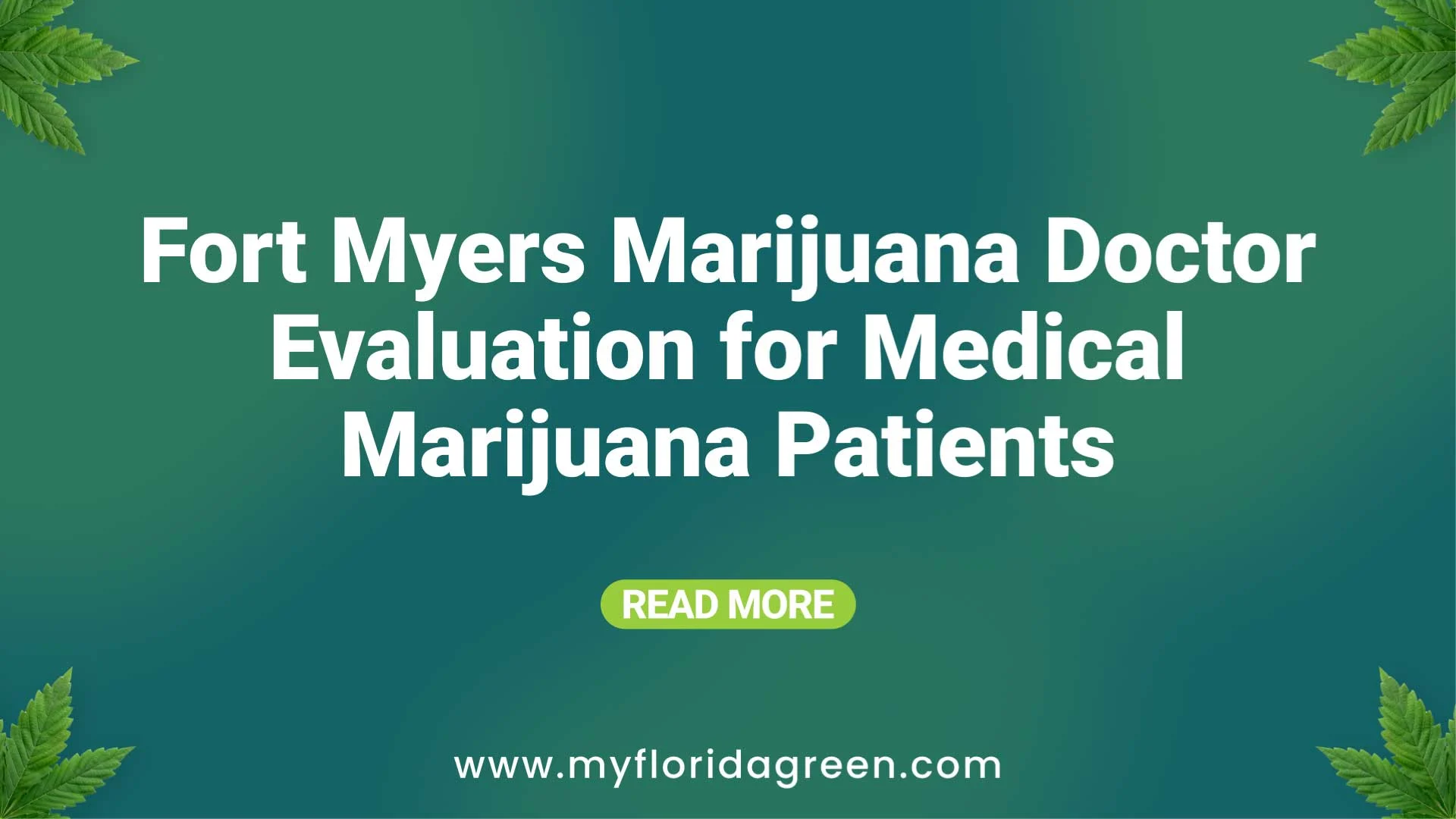For those living with PTSD, finding relief can be a challenging journey. Post-traumatic Stress Disorder is a psychiatric condition that develops a result of a traumatic event. Patients with PTSD often experience flashbacks, anxiety, and nightmares, among other symptoms. Recently, medical marijuana Sarasota has gained significant attention as an effective natural drug for managing PTSD. However, the efficacy of this natural drug alternative requires more investigation. Moreover, medical marijuana is legal in a few U.S. states, and there are stringent policies that safeguard the use of this drug. If you reside in Florida, it is necessary to apply for a medical marijuana card, to use MMJ.
Read further to know how medical marijuana can aid in effectively managing PTSD.
What is PTSD?
Post-traumatic stress disorder is a mental health disorder that develops in some individuals who have experienced a shocking incident, a traumatic event, warfare, natural calamity, or any other life-threatening situation.
While many may experience temporary shock and distress after a traumatic incident, most will recover with the passage of time. However, for some individuals, these symptoms may persist, developing into PTSD.
Based on research by the National Center for PTSD, approximately 6% of the population will experience PTSD at some point in their lives. Moreover, women have a higher chance of developing PTSD than men.
Signs of PTSD
The signs of PTSD often show within three months after the distressing incident. However, some individuals may experience signs of PTSD after years. Moreover, the symptoms of PTSD can linger for more than a month and can intervene in the daily life of an individual. Among the common PTSD symptoms are:
- Flashbacks
- Difficulty experiencing positive emotions
- Feelings of anxiety, irritability, or anger
- Trouble concentrating or staying focused
- Detachment from others
- Disturbing dreams related to the trauma
- Distorted feelings of guilt, blame, or shame
- Sleep disturbances and insomnia
- Stomachaches, or rapid heartbeat and headaches
- Social withdrawal or isolation
- Self-destructive behaviors as coping mechanisms
The severity of symptoms can vary among individuals and may change over time. Thus, if you experience any PTSD symptoms, seeking professional help is essential.
Treatment options for PTSD
Some of the conventional approaches for Post-Traumatic Stress Disorder (PTSD) involve psychotherapy, medication, as well as educational programs. Following is an overview of traditional approaches to PTSD management:
1. Cognitive Behavioral Therapy (CBT)
It aims to assist individuals in addressing traumatic incidents, challenging distorted thoughts, and cultivating coping mechanisms.
2. Medication
Those suffering from PTSD often use antidepressants to manage feelings of worry, depression and anxiety.
3. Supportive therapies
Support groups create a community atmosphere, enabling individuals dealing with PTSD to exchange experiences and coping strategies.
4. Educational Programs
Learning about PTSD and acquiring skills to manage symptoms can empower individuals and enhance their ability to cope with triggers.
Seeking professional help to navigate the treatment options and opting for the correct form of therapy is necessary.
Considering the Role of Medical Marijuana for PTSD
The utilization of medical marijuana for enhancing the extinction learning process for traumatic events is an area of ongoing research. It involves substituting the memory of the incident with subsequent positive memories, thereby aiding in overcoming “fight” or “flight” reactions.
By facilitating this extinction learning, MMJ can help individuals to more effectively cope with the traumatic event and participate in activities without fear.
Insomnia poses a prevalent and incapacitating challenge for those grappling with PTSD. Moreover, recurring flashbacks and haunting memories disrupt sleep, intensifying stress and anxiety and impeding daily functioning.
Sleep deprivation further affects work, study, and social engagement. However, individuals with PTSD can benefit from the positive impact of MMJ, mitigating night terrors, anxiety, and relentless flashbacks, thus enhancing sleep quality.
According to research, Nabilone, a synthetic THC derivative, shows promise in improving sleep and diminishing nightmares. Moreover, it offers a potential treatment avenue for PTSD. Additionally, medical marijuana may aid in addressing anxiety and persistent low mood, offering a ray of hope for people living with PTSD and seeking relief.
Get your MMJ card
Medical marijuana holds promise as an alternative therapy option for PTSD. You can consult with the best medical marijuana doctor in Florida and acquire your medical marijuana card. Your MMJ card can serve as a legal document that validates the use of cannabis for PTSD management.
What is the process of attaining an MMJ card?
Obtaining a Florida marijuana card involves a systematic process. Thus, you must follow the given steps to attain your MMJ card:
1. Eligibility Check
Ensure that you meet the state criteria for eligibility by having a qualifying medical condition.
2. Consult a State-Licensed Physician
Connect with a licensed marijuana expert in Florida with medical marijuana training and authorization to recommend its use. Moreover, the physician will evaluate your health during the appointment and determine if medical marijuana is a viable option for you.
3. Get your Medical Marijuana Card
If the doctor determines your eligibility, they will add your data to the Medical Marijuana Use Registry. Moreover, they will issue a written recommendation confirming that you’re an eligible patient.
4. Application Submission
For completing your application, you must provide the following information:
- Accurate personal information.
- Evidence of Florida residency
- Passport-style photograph
- Application fee
The online accessibility of the application process simplifies the submission via the Office of Medical Marijuana Use website.
5. Approval
The OMMU will review your application, and your card will be mailed to you. With your Florida marijuana card, you can visit a state-licensed medical marijuana dispensary such as Curaleaf to buy cannabis products.
It is crucial to recognize that marijuana card requirements may vary among U.S. states. Therefore, consulting with a local medical expert who is well-versed in your state’s specific regulations and guidelines is essential.
The Takeaway
PTSD is a challenging mental health issue that requires proper care and treatment. Owing to the natural constituents of medical marijuana, it can aid in managing the symptoms of PTSD. However, approaching this form of therapy demands safety practices and caution. Thus, an active medical marijuana card Sarasota is necessary. Our team at My Florida Green can assist you in making informed decisions regarding medical cannabis.
More than half of the world’s population takes at least one drug each day, and the demand for pharmaceuticals is only expected to increase as the global disease burden continues to grow. The benefits that a drug seemingly affords in a highly controlled setting, however, will not translate to real-world use if patients do not take their medication as prescribed.

